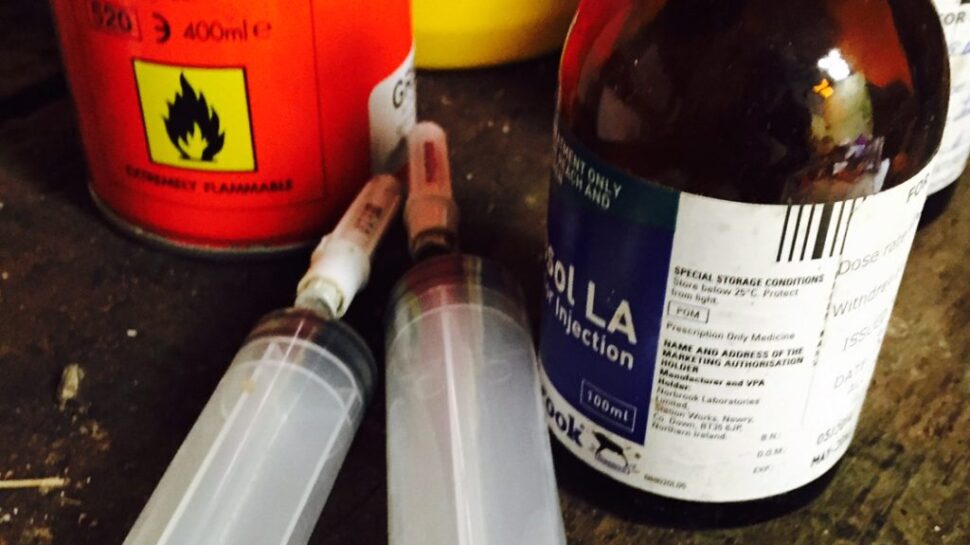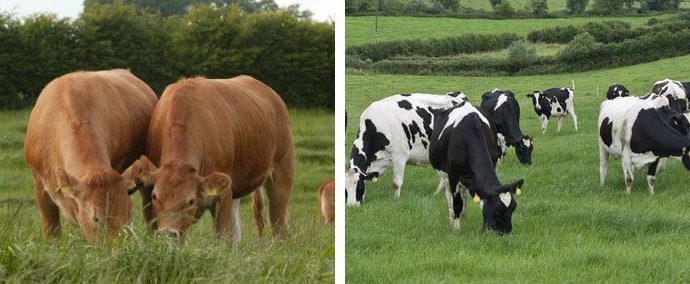IFA Sets Out Stall on Vet Meds Issue at DAFM Stakeholder Meeting

Following the meeting with the Department of Agriculture yesterday on the Veterinary Medicines proposed regulation, TJ Maher said the implementation of the EU Veterinary Medicinal Products Regulation 2019/6 through the Statutory Instrument (SI) for Veterinary Medicinal Products Regulation has the potential to severely limit competition in the supply of veterinary medicines for farmers if not framed correctly in a practical, reasonable and fair manner.
The meeting took place as a result of IFA’s calls for all stakeholder’s to be involved in the discussions.
“From the outset IFA have identified the importance of maintaining an active role for all current stakeholders in the prescribing and supplying of veterinary medicines for farmers. This includes Private Veterinary Practitioners, Licensed Merchants and Co-ops and Veterinary Pharmacies. Implementing the requirements of the EU Veterinary Medicinal Products Regulation 2019/6 will lead to an additional burden on farmers in sourcing veterinary medicines, in particular antiparasitic products. This must be kept to an absolute minimum. TJ Maher said.
“Access to competitively priced vaccines is a key component of reducing the necessity to use antibiotics on farms and where possible easier access to these important tools for farmers must be provided,” he added.
TJ Maher said the drafting of the SI for the Veterinary Medicinal Products Regulations provides a real opportunity to minimise the impact of the new regulatory requirements on farmers in sourcing veterinary medicinal products, maintain all current stakeholders in the supply chain and broaden the product ranges they can offer while ensuring all veterinary medicinal products are prescribed and used appropriately and responsibly.
However, he said in order to achieve this IFA have identified a number of key areas that must be addressed which were put to the Department of Agriculture at yesterday’s meeting, these include;
- 12-month validity period for prescriptions for products other than antibiotics
- Consultant vet prescribing for antiparasitic products is important but the ‘consultant vets’ facilitated to prescribe must be vets who are actively practising as veterinary practitioners for farm animals in Ireland
- Provide a simplified prescribing system for the Private Veterinary Practitioner (PVP) associated with the herd to reduce costs for farmers in sourcing prescriptions
- The Prescription Only Medicine Exempt [POM(E)] category must be maintained to minimise the prescription requirement to purchase veterinary medicines for farmers and ensure Veterinary Pharmacies continue to play an active role in the provision of advice to farmers and supply of veterinary medicines.
- Provide for Licensed Merchants and Co-ops to supply POM(E) vaccines under prescription.
- Provide for consultant vets to prescribe POM(E) vaccines under a schedule similar to the prescribing process provided for antiparasitic products
“The proposals put forward by IFA ensure the impact of the new regulations would be kept to a minimum on farmers, ensures all current actors in the sale supply and prescribing of veterinary medicines remain actively involved in the process while meeting our obligations under the EU Veterinary Medicine Regulation which is the driving force behind this issue,” TJ Maher said.
He said it is now up to the Minister and his officials to take on board the views expressed and to reflect them in the SI for Veterinary Medicinal Products Regulations.



